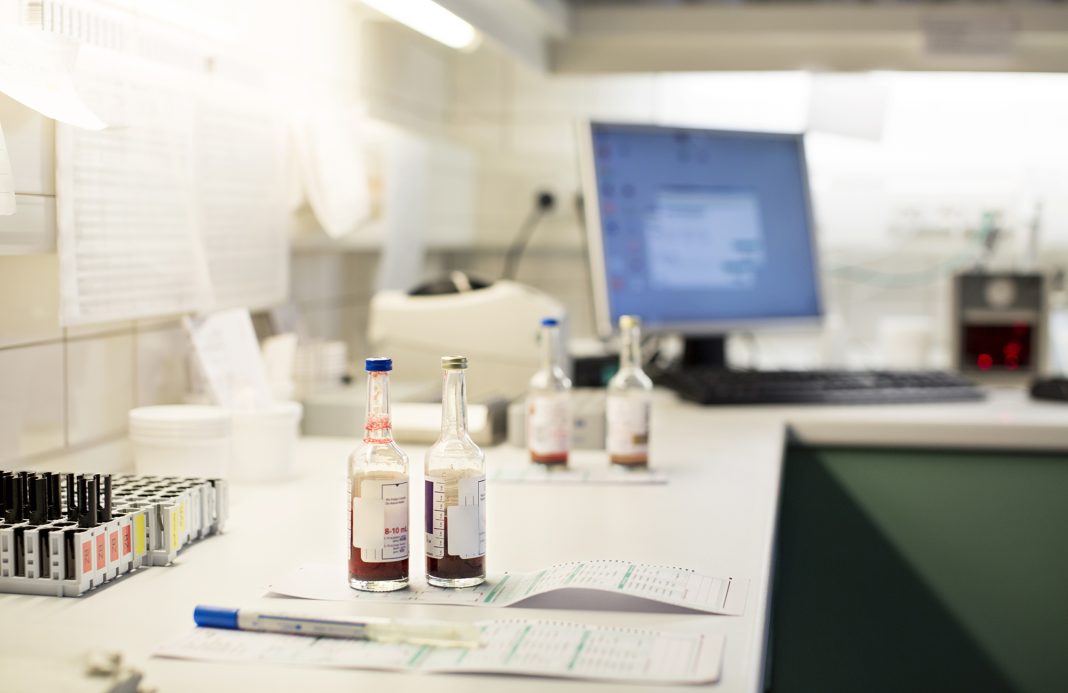Laziness and frustration may seem an unlikely source of inspiration, but it worked for Karin Lachmi. As a biology postdoc at Stanford, Lachmi spent countless hours planning experiments — painstakingly comparing reagents, making purchases, and scouring scientific papers to find the best protocol.
“It’s almost absurd that here we are at one of the most prestigious universities, Stanford, and … I don’t have the Internet tools that we are very used to in other domains,” Lachmi told GEN.
She was using services like OpenTable to find restaurants and Expedia to book flights, but realized that nothing similar existed for biologists. And reading individual papers seemed like a Herculean task, given the ever-increasing number of scientific publications, estimated to double every nine years.
“I’m a lazy researcher,” said Lachmi. “I want all this data to be compiled for me, organized, and structured in a way that will really help me learn from other people that did those experiments before.”
So Lachmi teamed up with entrepreneur Daniel Levitt in 2013 to found Bioz, a company that helps scientists make informed purchasing decisions when planning for an experiment. Bioz’s search engine algorithm combines machine learning, artificial intelligence, and natural language processing to extract information from the methods sections of scientific papers and help researchers pick what product to buy and how to use that product.
After spending three years developing its algorithm, Bioz launched its site in 2016. Since then, the company has attracted 1 million users from 196 countries, and lists information for 200 million products from 50,000 vendors.
Users who are planning a new experiment or optimizing an old one can search for a particular product by name. They can then see all the versions of that product sold by various vendors, each with an Amazon-like star rating, called “Bioz Stars.” Unlike Amazon, ratings are not based on user reviews, which Lachmi says can be subjective and hard to verify. Instead, Bioz Stars is based on factors like the number of times a product has been used in scientific papers, and how widely cited those papers are.
Bioz draws on over 27 million papers to rate products and help researchers see which products to buy, as well as which to avoid. Users can also see the most common uses of a product and the exact doses used by other scientists. Paul Utz, professor of medicine at Stanford, has not used Bioz yet, but thinks the approach could help labs like his own make discoveries faster.
“We literally had to buy ten different antibodies … to try to get one that worked well. We still haven’t found one, so we blew through $3000 worth of reagents without finding what we wanted,” said Utz. “If there was a way that somebody could … get the information it would save money ultimately for the people doing [research] and would make the science go faster.”
Shai Saroussi, postdoc at Stanford’s Carnegie Institution for Science, first used Bioz when, after submitting a paper, reviewers asked him to do additional experiments. The service was so helpful that Saroussi now regularly uses Bioz, and recommends it to colleagues.
“It was very easy for me to look up [the] products that I needed to use for my experiments — how people use them, what’s the best concentration, what’s the best incubation time,” said Saroussi.
Levitt and Lachmi — CEO and CSO of Bioz, respectively — were surprised to see that half of their users were from drug-discovery companies such as Roche, Genentech, and Merck. They are now working with these companies to keep their searches private, to avoid being scooped by competitors making rival products.
Going forward, Bioz also plans to issue guidelines to researchers on how to format the methods section of their papers. Currently, many papers don’t specify the catalogue numbers of the materials used, or specific details about usage. This limits how much useful information Bioz’s algorithm can extract.
“Definitely, we have a lot to do,” said Lachmi. “Right now, we work with what we have … but I want to make it much better.”



